MCB Galileo Circle Scholarship Winners 2020
Undergraduate Winners
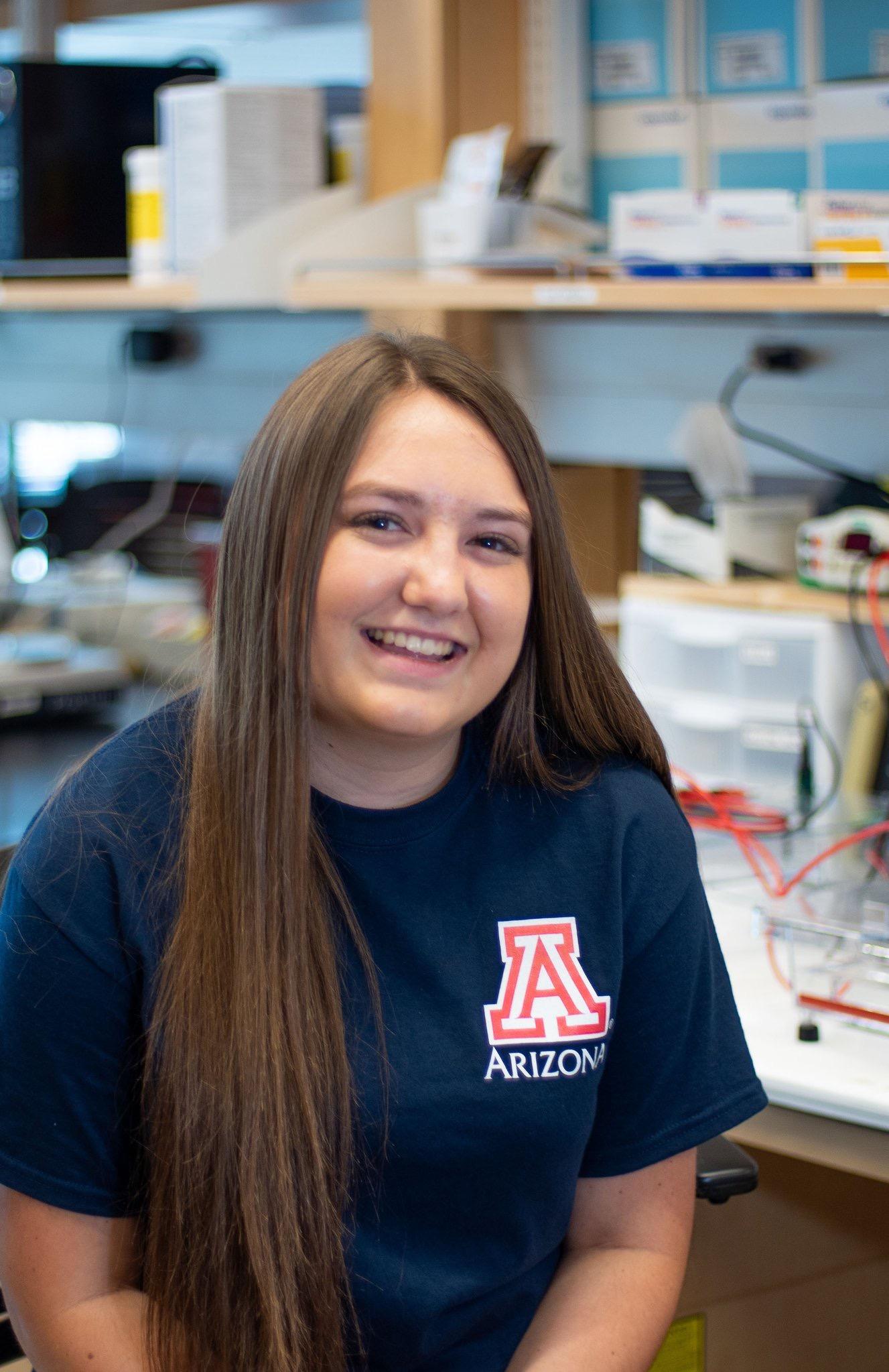 Hannah Ball is a junior with a double major – Molecular and Cellular Biology and Biochemistry. She has worked in Dr. Daniela Zarnescu’s lab since the summer before her senior year in High School when she was a KEYS program student. Since coming to the University of Arizona, Hannah has continued working in the Zarnescu lab, as an undergraduate student and as part of UBRP .
Hannah Ball is a junior with a double major – Molecular and Cellular Biology and Biochemistry. She has worked in Dr. Daniela Zarnescu’s lab since the summer before her senior year in High School when she was a KEYS program student. Since coming to the University of Arizona, Hannah has continued working in the Zarnescu lab, as an undergraduate student and as part of UBRP .
“Working in research for over two years has made me an even more curious person and I love that we are constantly little pieces to the puzzle through our data that has the ability to connect to greater findings in the future. I always enjoyed my time in the lab, however it wasn’t until getting accepted as a UBRP student and spending the summer working on research full-time that I ever considered it as a career. The more time I spent in the lab allowed me to gain more independence in the projects I worked on while also helping me to realize how meaningful the work our lab does has in the ALS community. I began to realize that I could use my passion for helping others in the research I did and pursue it as a career.”
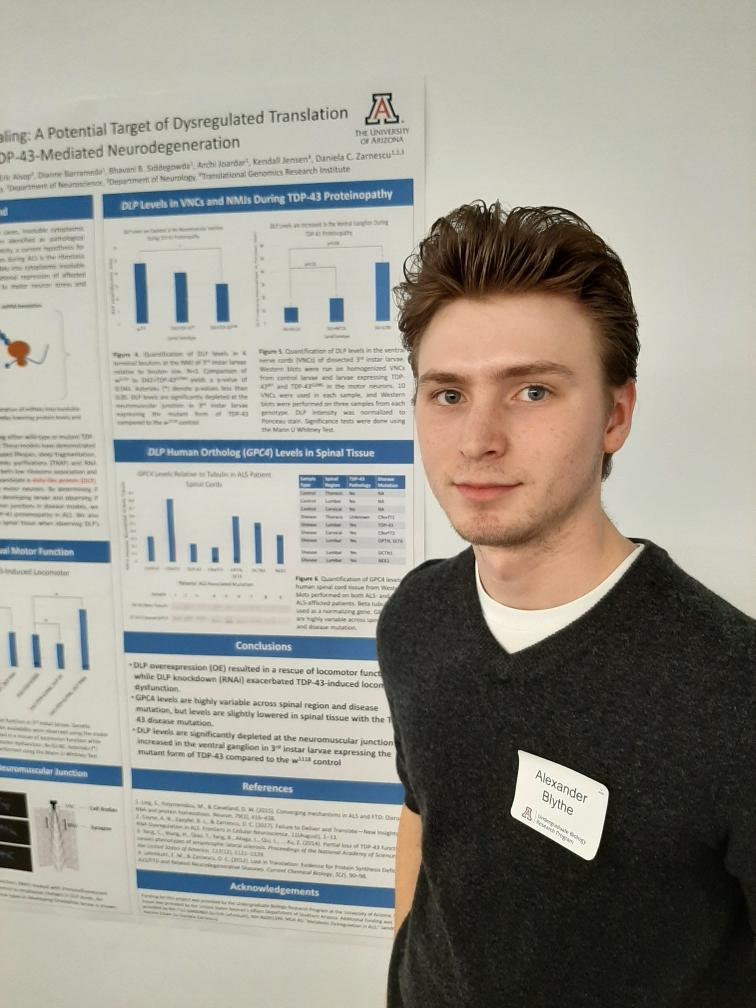
Alex Blythe is a junior majoring in Molecular and Cellular Biology and Biochemistry. Alex worked in Dr. Daniela Zarnescu's lab first as a high school senior in an advanced research methods class and then returned in his sophomore year as an undergrad at the University of Arizona.
“Under the guidance of Dr. Zarnescu and her undergraduate and graduate students, I work with fruit fly models with ALS to see how protein regulation and genetics factor into ALS. These experiences encouraged me to pursue research relating to biochemistry and neuroscience, and when my grandmother began to show signs of dementia and my cousin was diagnosed with multiple sclerosis, I decided to dedicate my scientific curiosity and educational focus on neurology, specifically neuropathology. My lifelong interest in human physiology, my acquired skills in biochemistry, and my personal exposure to people who have suffered from neurological disorders inspire me to contribute to the study of neurodegenerative diseases.”
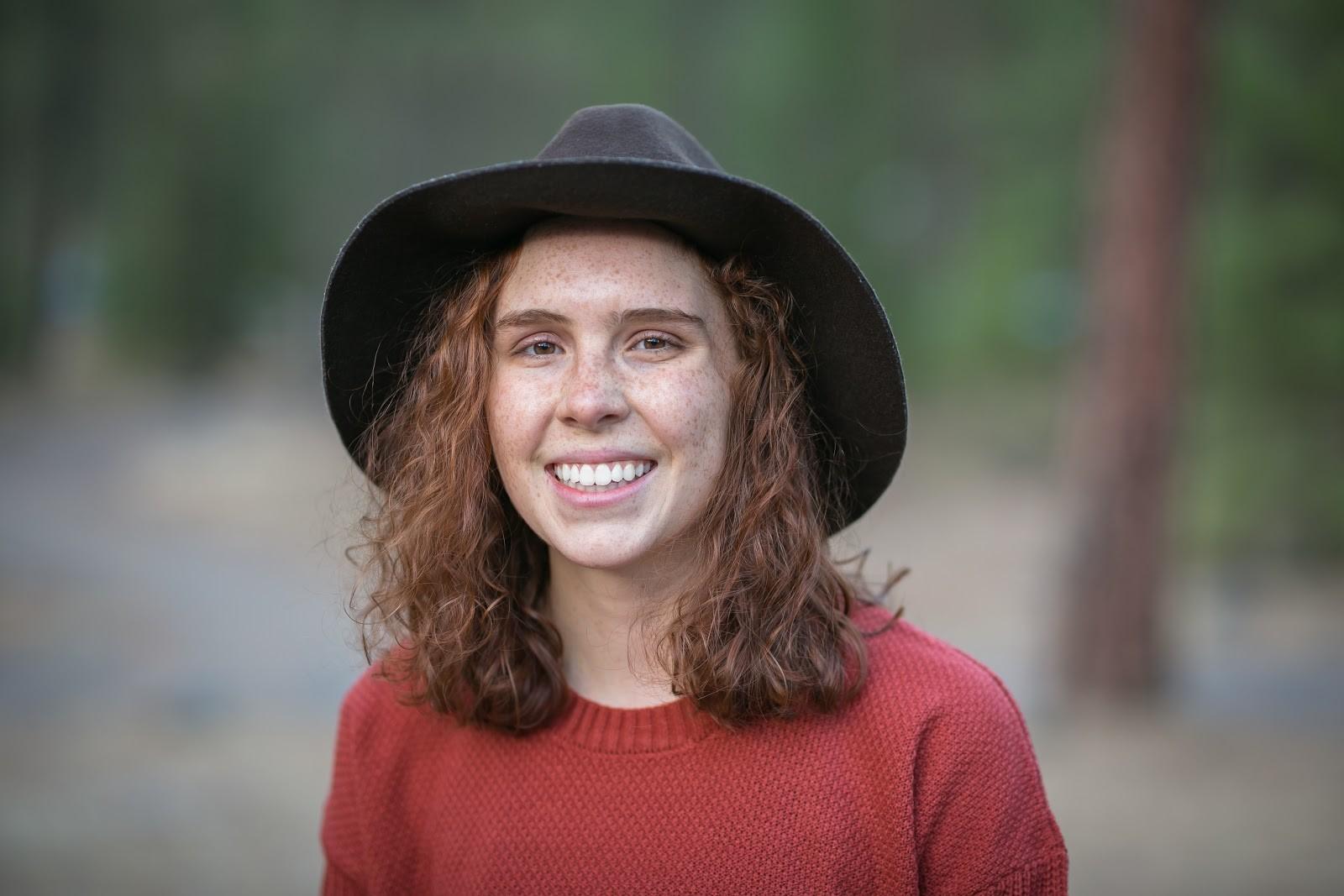 Brooke Carruthers is a first year student at the University of Arizona, majoring in Molecular and Cellular Biology, with two minors - Astrobiology and Marine Science. Brooke joined Dr. Betül Kaçar’s astrobiology-focused laboratory the first week of school at the University of Arizona, in Fall 2019, due to her profound interest in questions related to astrobiology and the origins of life since high school.
Brooke Carruthers is a first year student at the University of Arizona, majoring in Molecular and Cellular Biology, with two minors - Astrobiology and Marine Science. Brooke joined Dr. Betül Kaçar’s astrobiology-focused laboratory the first week of school at the University of Arizona, in Fall 2019, due to her profound interest in questions related to astrobiology and the origins of life since high school.
“Astrobiology, which concerns the study of the origin and evolution of life on Earth, and the search for possible extraterrestrial life, is unique in its interdisciplinarity since it requires large-scale collaboration amongst different disciplines in order to investigate those broad-reaching questions of ‘Where did we come from?”’ and ‘Are we alone?’ It is important to me that I learn broadly and continuously throughout my life in order to appreciate the natural world as a whole rather than focusing on only one aspect. Astrobiology fulfils that desire by combining studies from astronomy to geology to philosophy and beyond. I also believe in the importance of spreading wonder through science communication. Wonder encourages individuals to pay attention to the world around them, if only for a few moments, and realize how they fit into that complex world, making for a powerful and enriching experience.”
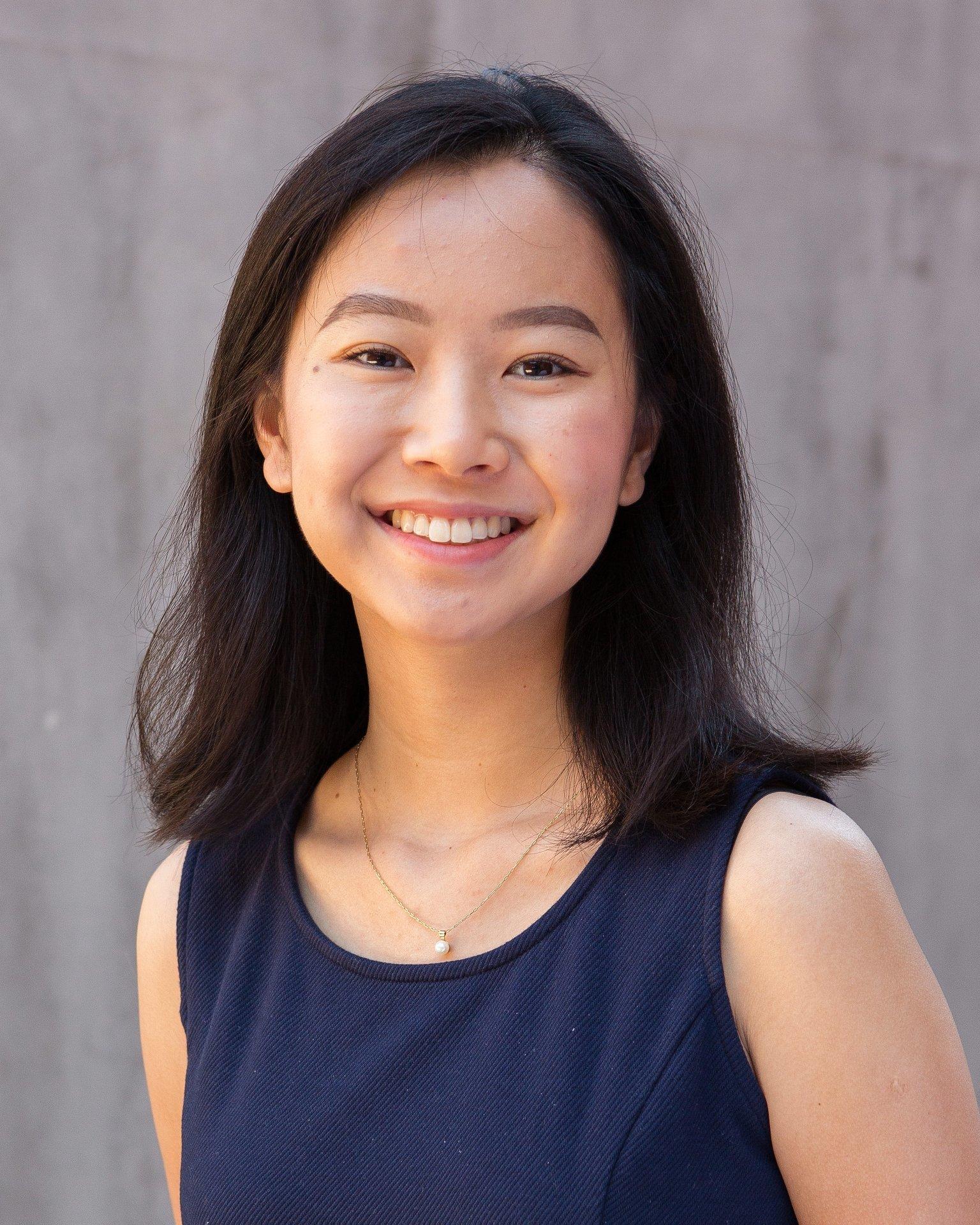 Lillian DelaCruz is a junior at the University of Arizona, majoring in Molecular and Cellular Biology. She worked in Dr. Frans Tax’s lab as a student research assistant her first year and currently works in Dr. Michael Riehle’s mosquito lab.
Lillian DelaCruz is a junior at the University of Arizona, majoring in Molecular and Cellular Biology. She worked in Dr. Frans Tax’s lab as a student research assistant her first year and currently works in Dr. Michael Riehle’s mosquito lab.
“I want to pursue a life of scientific inquiry, as being a scientist exemplifies my core values of perpetual growth, imbuing tangible meaning behind my actions. Learning about the different religions and central precepts adopted in the world around me through my religious studies minor have deepened my compassion and respect for those my research impacts, making me aware of the socioeconomic status and regulations people face and how I can try to account for that in my work. As a rising scientist, I have come to understand the immense responsibility our community is tasked with. Through our research and public roles, we are entrusted to uncover today’s unknowns, foster societal credibility, and grapple with ethical questions. I believe as scientists we are obligated to use our expertise and drive for knowledge to aid our communities and create a more inclusive scientific environment - the public believes and invests in us to conceive of a better tomorrow.
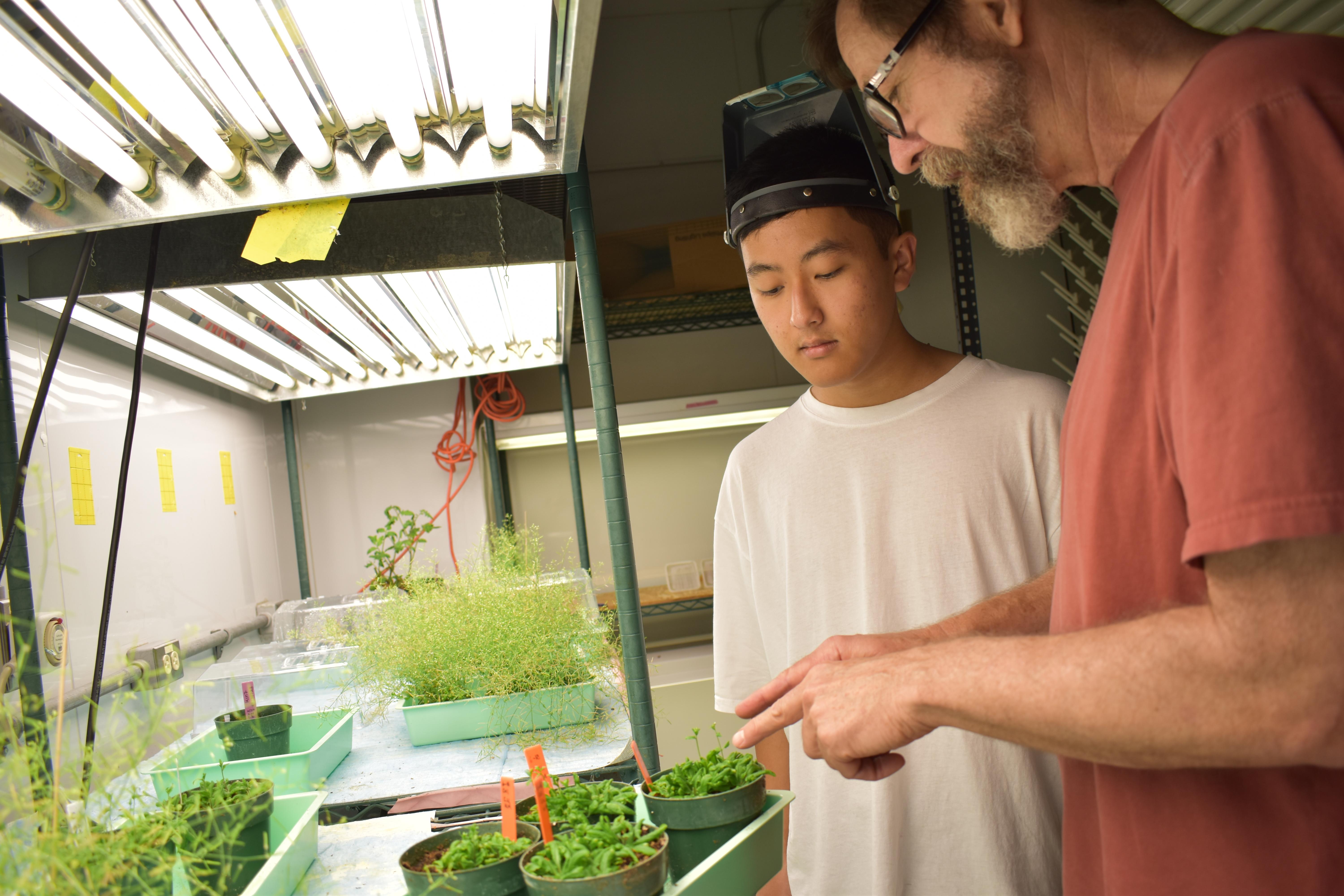 Dong Kyun Kim is a sophomore at the University of Arizona, majoring in Molecular and Cellular Biology. He works in Dr. Frans Tax’s lab as part of the UBRP program and with Dr. Fiona McCarthy, on investigating the genetic and evolutionary differences of breast muscle of three chicken lines. Dong Kyun is working on a research project on how enzymes orchestrate the formation of filaments under stressful environmental conditions in the Arabidopsis plant.
Dong Kyun Kim is a sophomore at the University of Arizona, majoring in Molecular and Cellular Biology. He works in Dr. Frans Tax’s lab as part of the UBRP program and with Dr. Fiona McCarthy, on investigating the genetic and evolutionary differences of breast muscle of three chicken lines. Dong Kyun is working on a research project on how enzymes orchestrate the formation of filaments under stressful environmental conditions in the Arabidopsis plant.
“Since an early age, I committed myself to pursue a career in clinical research. I aspire to become a MD/PhD with a focus in human genomics. I believe that an MD/PhD degree is necessary for me to pursue research that characterizes genetic mechanisms in humans, like metabolism and growth, while being able to apply this knowledge to diagnose and treat patients in a clinical setting. I believe that if I become both a physician and a clinical research scientist, I will gain a unique clinical perspective that can link clinical research and patient care. As a clinical research scientist, I can pursue a career in human genetic research that will contribute to medical knowledge and as a physician I can use this knowledge to help patients understand the link between their genes and human diseases.”
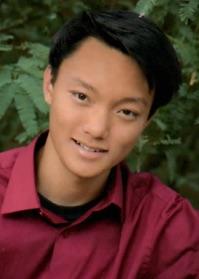 Eric Lu is a junior at the University of Arizona with a dual major in Molecular and Cellular Biology and Biochemistry, along with minors in Mathematics, Music, and Spanish. Eric is an undergraduate research assistant in Dr. Andrew Capaldi’s lab.
Eric Lu is a junior at the University of Arizona with a dual major in Molecular and Cellular Biology and Biochemistry, along with minors in Mathematics, Music, and Spanish. Eric is an undergraduate research assistant in Dr. Andrew Capaldi’s lab.
“Only in research have I been continuously challenged to think, adapt and improvise at a high level while simultaneously making profound human connections with peers, mentors and the people I work with in such a way that I start each day of the week excited to go to lab. My primary interest revolves around basic research and translational medicine. More specifically, I intend to study the cellular and biochemical processes that drive complex human diseases, such as cancer. I have always thought that it was of the utmost importance to be able to cultivate a comprehensive set of diverse skills. Moreover, I enjoy the thought of being able to move fluidly between two distinct but related disciplines. This makes the prospect of working at the interface between medicine and science all the more exciting. This interdisciplinary focus will undoubtedly keep me occupied and provide a more personally satisfying career path.
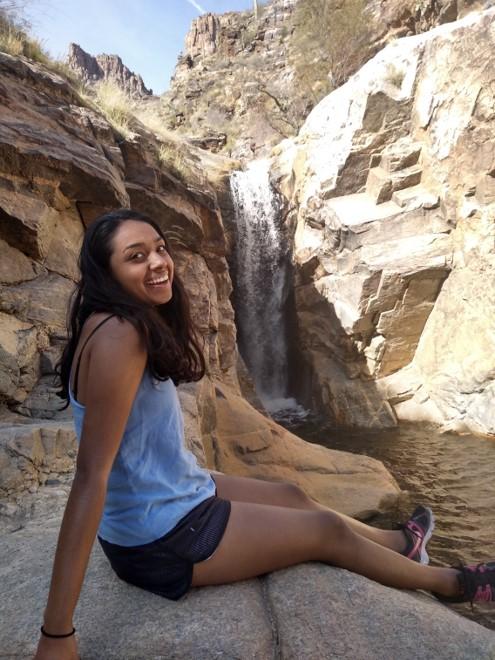 Sneha Srinivasan is a senior and has worked as an undergraduate research assistant in Dr. Andrew Paek’s lab since the spring of her freshmen year. She is majoring in Molecular and Cellular Biology with a minor in biochemistry.
Sneha Srinivasan is a senior and has worked as an undergraduate research assistant in Dr. Andrew Paek’s lab since the spring of her freshmen year. She is majoring in Molecular and Cellular Biology with a minor in biochemistry.
"Through my experiences, I’ve learned that science is a broad, wonderful field to wrap my head around. Now, I try to find science in every aspect of my life, whether I’m just walking to class, or eating a sandwich. Most importantly, I have learned that I want to be a part of the driving force of curiosity and ingenuity that sets life-altering changes in motion. Being a part of a close-knit team has not only enhanced my character, in terms of my reliability and teamwork, but also opened my eyes to how rewarding research can be. As far as I can remember, I have strived for a career in medicine, but being in a lab has helped me see the magnitude of the impact that a single publication can have on a community."
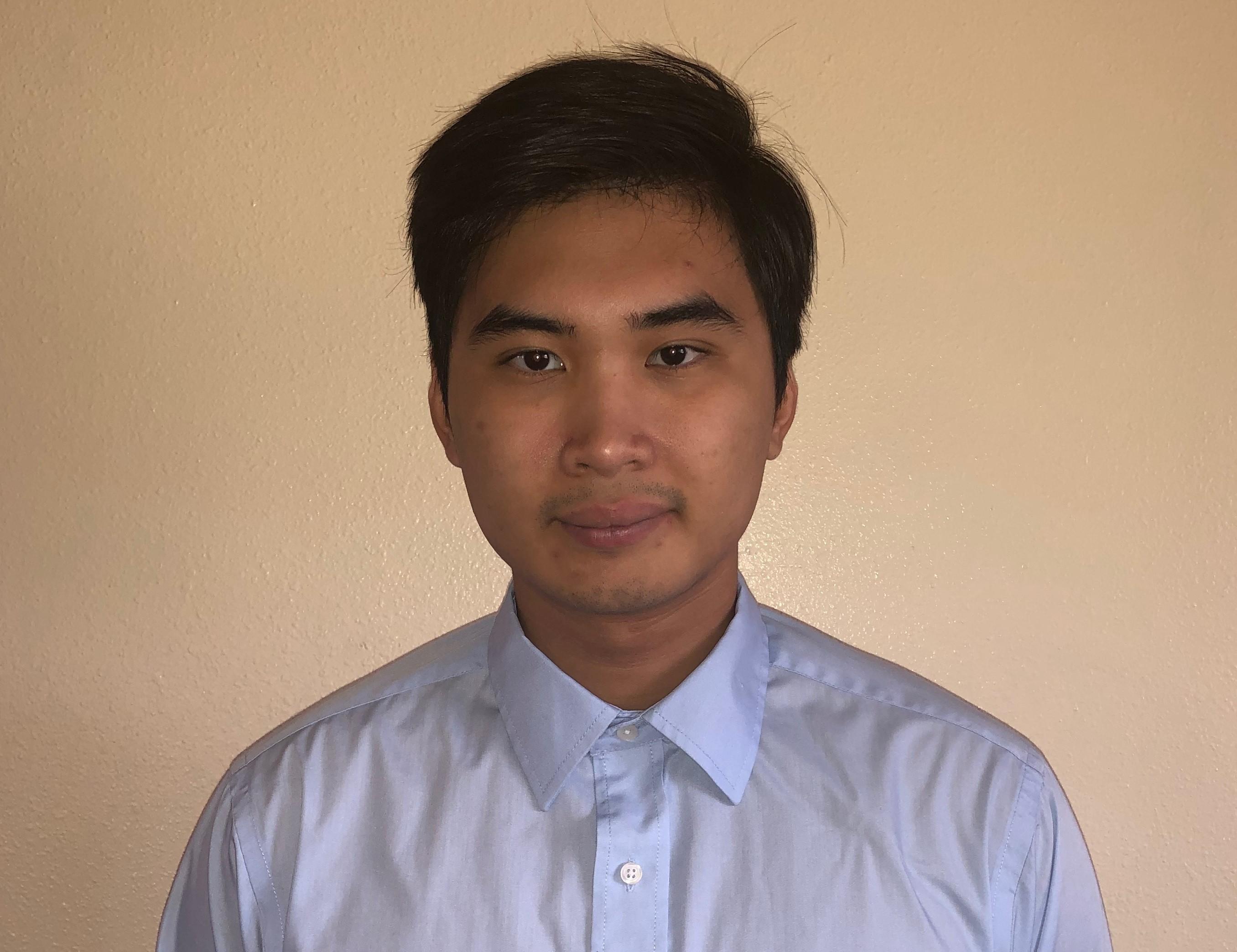
Son Tran is a senior with a dual major in Molecular and Cellular Biology and Physiology. He is an undergraduate research assistant in Dr. Lisa Nagy’s lab and has worked in her lab since he was a sophomore. His project in The Nagy Lab focuses on a gene that functions as a molecular ‘clock’ in the early development of beetle embryos.
"I love that feeling, the “aha” moment when everything just clicks and starts to make sense. Those moments often begin with frustration when things are unnecessarily complicated, but if I persist and keep on trying even when I’m ready to give up, the payoff has always been worth it. Ever since my first high school lecture on cell biology, to the last physio lecture on the nephron in college, I have been in awe of how everything comes together. I am particularly fascinated by the study of how life arises from a single cell to form a complex organism capable of consciousness."
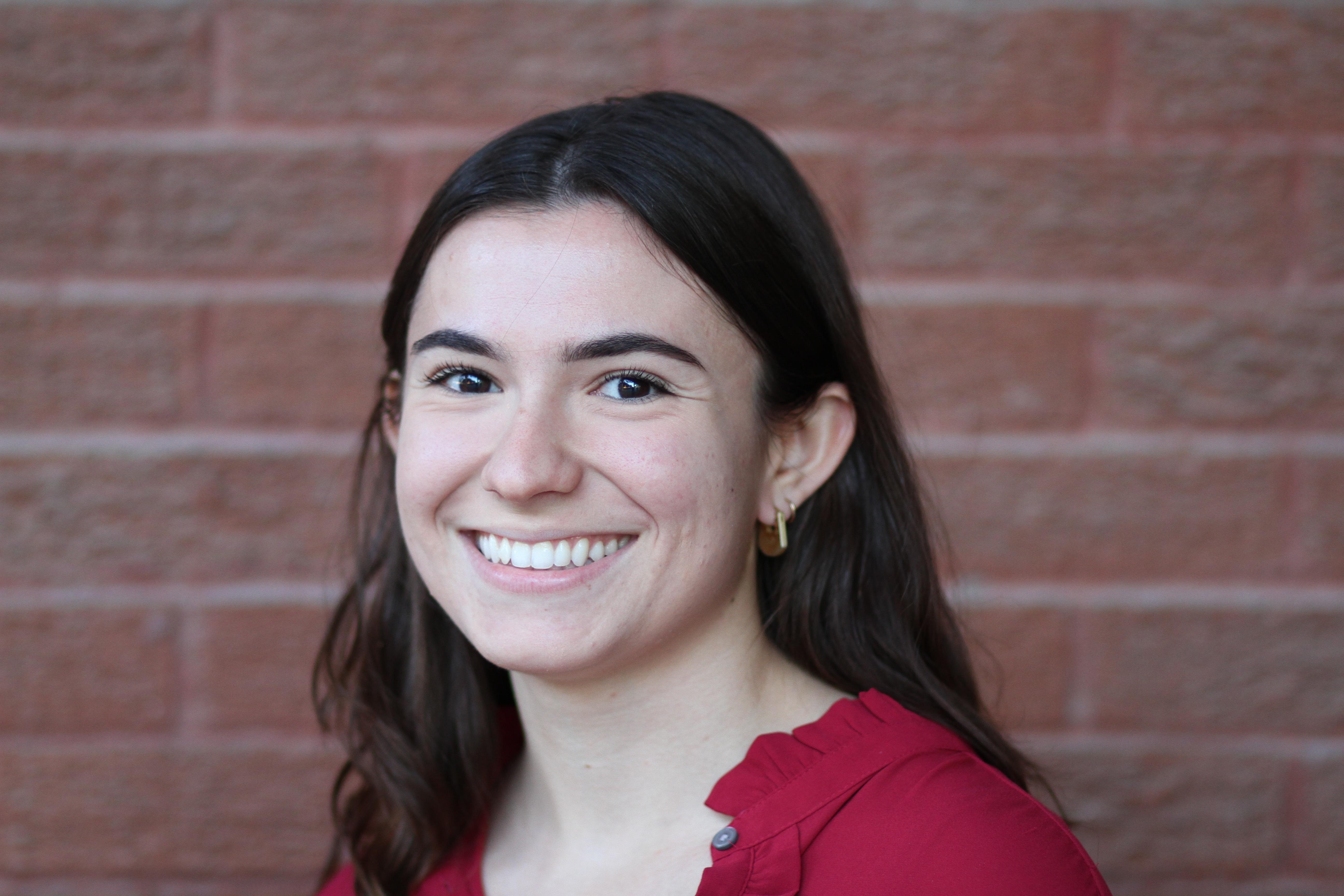 Tissiana Vallecillo is a second year student majoring in Molecular and Cellular Biology with minors in Pharmaceutical Sciences, ISTA and Spanish. She is a Flinn scholar and came to the University of Arizona with AP and dual enrollment credits and is on track to graduate with her undergraduate degree in three years. She has worked in Dr. Rajesh Khanna's lab since August 2018.
Tissiana Vallecillo is a second year student majoring in Molecular and Cellular Biology with minors in Pharmaceutical Sciences, ISTA and Spanish. She is a Flinn scholar and came to the University of Arizona with AP and dual enrollment credits and is on track to graduate with her undergraduate degree in three years. She has worked in Dr. Rajesh Khanna's lab since August 2018.
“In high school, I became involved with work including research on required occupancy rates within private prisons to diminish recidivism among individuals who were formerly incarcerated. In this process, I gained an appreciation for the multidisciplinary network of difficulties that come with disenfranchisement on top of racial and socioeconomic conditions. While familiarizing myself with the various crossroads these individuals encounter, I found myself drawn to the role a health professional plays in impacting an individual’s sense of belonging and importance and in turn, significantly affecting their use of drugs, relationships with food, family, work and more. Now, as a second year student, anticipating to graduate next year and go on to pursue a Masters in Molecular and Cellular Biology with intentions of applying to MD-PhD programs in Pharmacology, I have advanced towards the field where my compassion can meet my strengths and produce the most effective and complete aid. I have found the skills that I am, without complaint, compelled to work fiercely to master- coding, chemistry and benchwork with pharmaceutical goals. And, when volunteering in clinical settings, as well as presenting and discussing my research, found the community of people I am equipped to extend a hand to.”
Graduate Student Winners
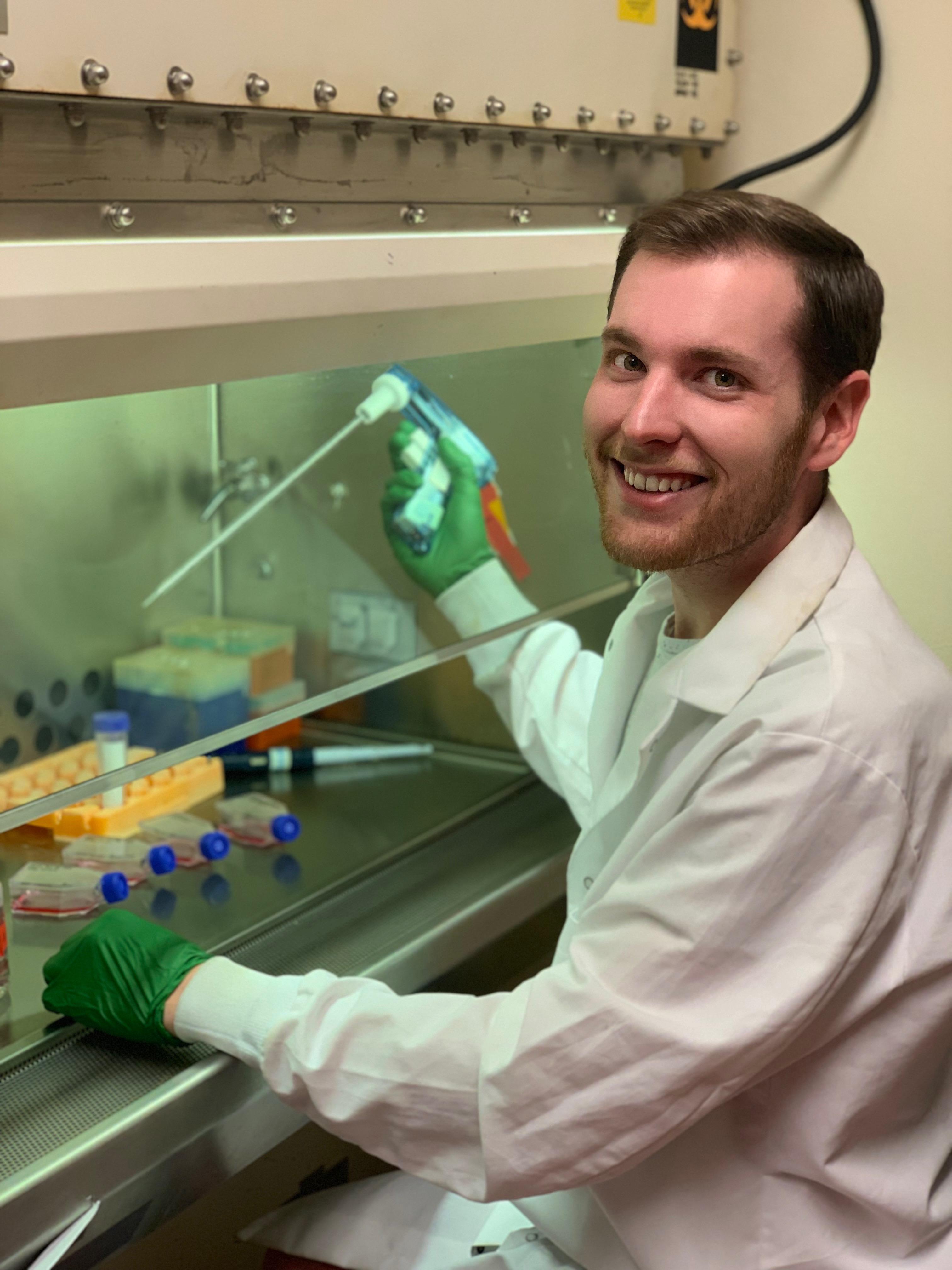 Aaron Byrd is a 3rd year PhD candidate conducting his dissertation research in the lab of Dr. Ross Buchan in the Molecular and Cellular Biology department. Aaron has published a co-first author manuscript in the respected journal Molecular and Cellular Biology (Liu et al, MCB, 2020), and was awarded a prestigious National Science Foundation graduate research fellowship (NSF GRFP) this part year. https://mcb.asm.org/content/40/4/e00256-19
Aaron Byrd is a 3rd year PhD candidate conducting his dissertation research in the lab of Dr. Ross Buchan in the Molecular and Cellular Biology department. Aaron has published a co-first author manuscript in the respected journal Molecular and Cellular Biology (Liu et al, MCB, 2020), and was awarded a prestigious National Science Foundation graduate research fellowship (NSF GRFP) this part year. https://mcb.asm.org/content/40/4/e00256-19
“After finishing my [PhD] degree, I plan to continue performing research and teaching as part of my post-doctoral studies. After completing my formal education, I hope to continue performing research and teaching at a small academic institution, like the one I graduated from for my undergraduate degree. I currently foresee my lab researching RNA biology and its applications in neurobiology. At small universities there are wonderful opportunities to engage students in one-on-one mentoring, and the smaller classroom sizes help to ensure every student is being taught in a manner that allows them to thrive. I want to ensure that this remains true, as I could not have thrived during my undergraduate years without the help and support from great professors and mentors. Mentoring undergraduate and graduate students in both lab and classroom settings is my passion and where I feel I can make the most difference as a productive member of scientific society.”
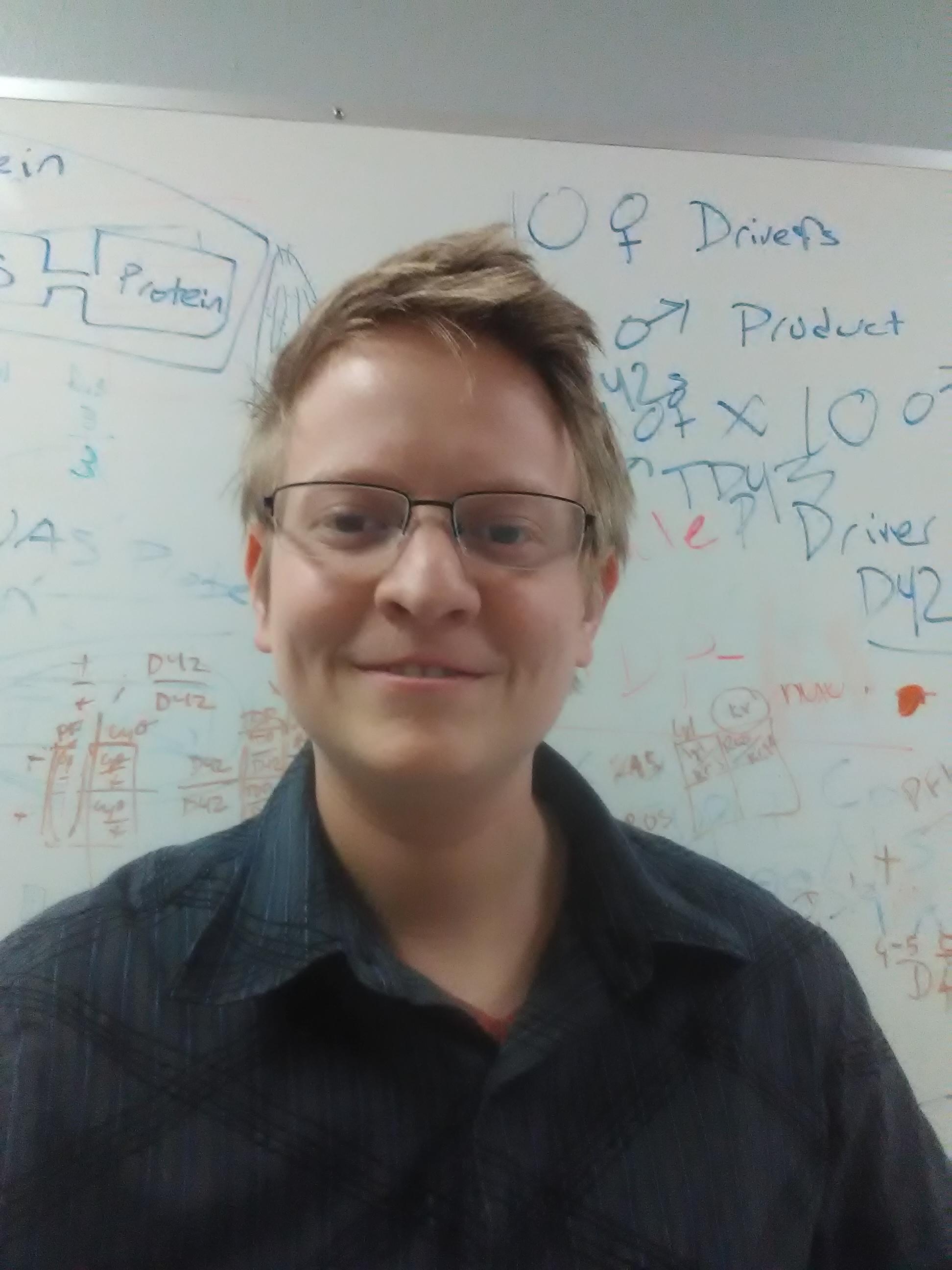 Erik Lehmkuhl is a 4th year PhD candidate conducting his dissertation research in the lab of Dr. Daniela Zarnescu in the Molecular and Cellular Biology department.
Erik Lehmkuhl is a 4th year PhD candidate conducting his dissertation research in the lab of Dr. Daniela Zarnescu in the Molecular and Cellular Biology department.
“As a graduate student at the University of Arizona, I joined the lab of Dr. Daniela Zarnescu because of the novel, sophisticated research being performed in the lab and the collaborative learning environment that Dr. Zarnescu fosters. Our lab uses Drosophila to study the molecular mechanisms underlying Amyotrophic Lateral Sclerosis, an age-related neurodegenerative disease often colloquially known as Lou Gehrig’s disease. My career goal is to become a professor at a Research I University, so that I may be involved in science education while continuing research on the molecular mechanisms of neurodegeneration. My lab research and community science education experiences both honed my ability to communicate science to people outside of my field and instilled a love for science education.”
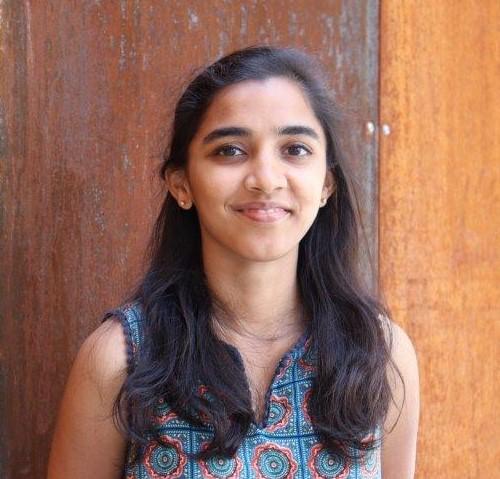 Suvitha Loganathan is a 2nd year PhD candidate conducting her dissertation research in the lab of Dr. Daniela Zarnescu in the Molecular and Cellular Biology department.
Suvitha Loganathan is a 2nd year PhD candidate conducting her dissertation research in the lab of Dr. Daniela Zarnescu in the Molecular and Cellular Biology department.
“Behind the façade of beauty, the biosphere has brilliant intricate mechanisms creating its diversity. I was inclined towards biology and inquisitiveness which stemmed from my childhood, being born in an area endowed by biodiversity in India. The first moment I felt I was interested in biology occurred when I sacrificed a frog in pursuit of looking at its organs, and my curiosity towards living organisms grew exponentially from then. Gaining knowledge and experience in this field has bestowed unquenchable thirst for studying the molecular mechanisms of nature within me. I believe the challenges for mankind pertaining to health makes insightful research on molecular mechanisms indispensable.”





